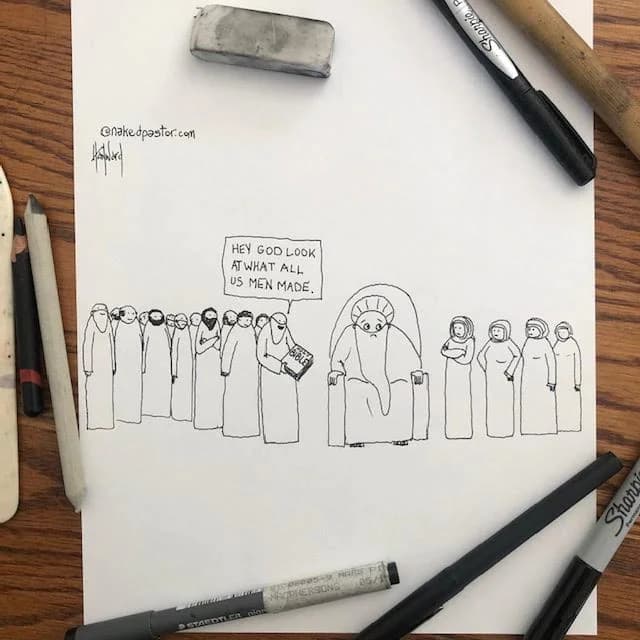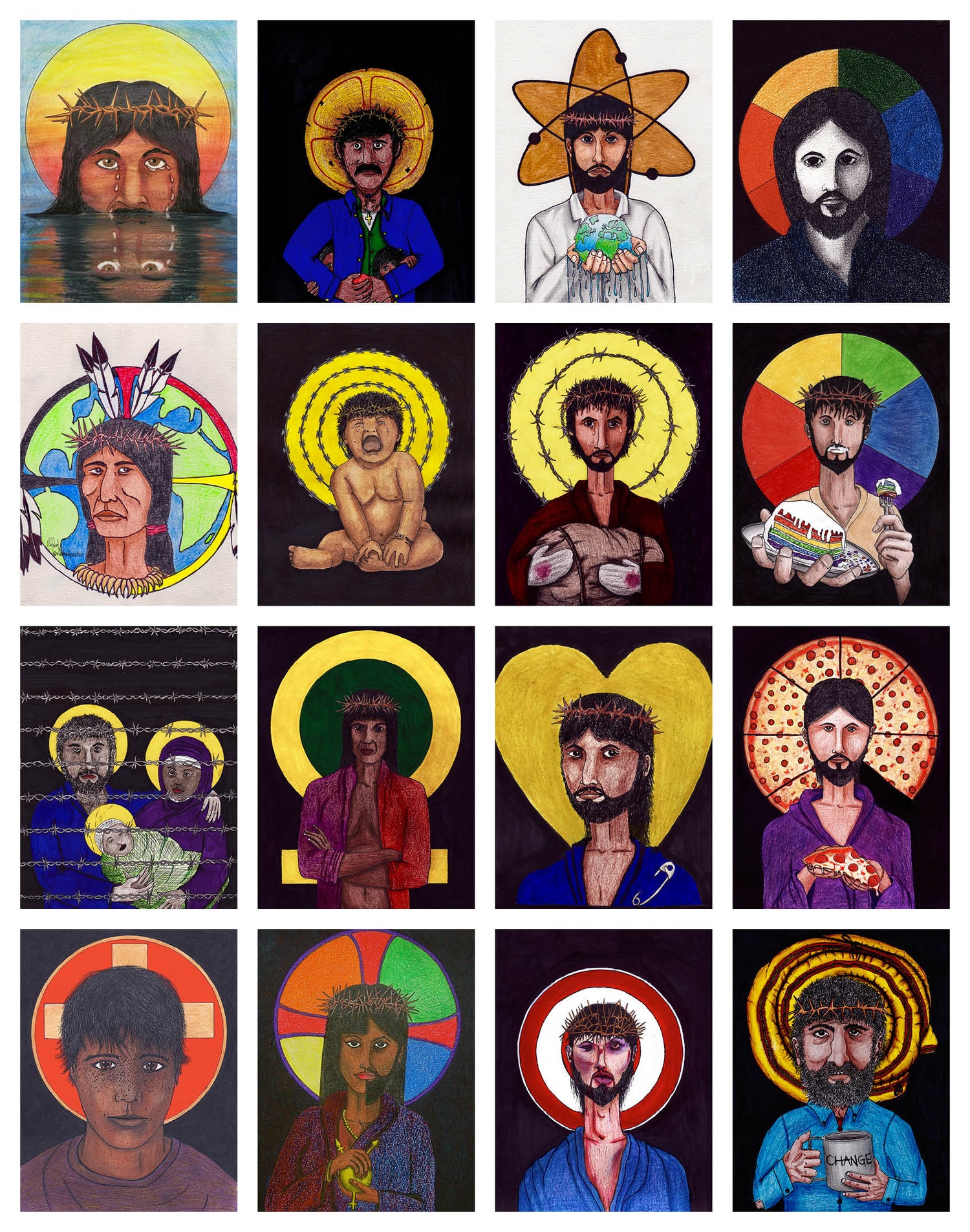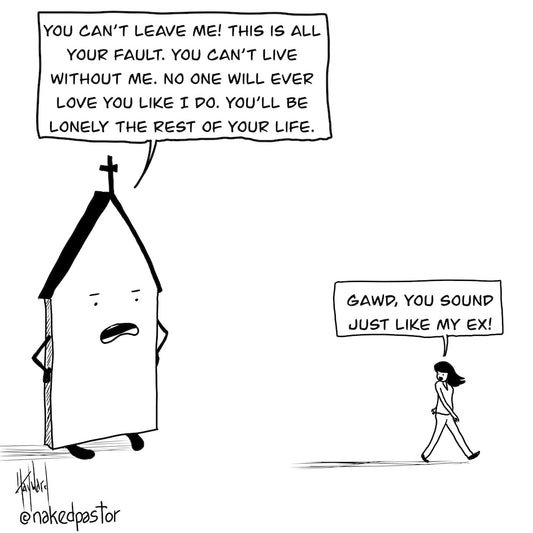
YOU ARE
WELCOME HERE
AS YOU ARE.
WELCOME HERE
AS YOU ARE.
Cartoons, watercolors & drawings to support you on your journey to personal spiritual freedom.
ART PRINTS. MERCH. ORIGINAL PAINTINGS. STICKERS. MUGS. SCULPTURES. CARTOONS. DIGITAL ART.
ART PRINTS. MERCH. ORIGINAL PAINTINGS. STICKERS. MUGS. SCULPTURES. CARTOONS. DIGITAL ART.
ART PRINTS. MERCH. ORIGINAL PAINTINGS. STICKERS. MUGS. SCULPTURES. CARTOONS. DIGITAL ART.
ART PRINTS. MERCH. ORIGINAL PAINTINGS. STICKERS. MUGS. SCULPTURES. CARTOONS. DIGITAL ART.
ART PRINTS. MERCH. ORIGINAL PAINTINGS. STICKERS. MUGS. SCULPTURES. CARTOONS. DIGITAL ART.
ART PRINTS. MERCH. ORIGINAL PAINTINGS. STICKERS. MUGS. SCULPTURES. CARTOONS. DIGITAL ART.
ART PRINTS. MERCH. ORIGINAL PAINTINGS. STICKERS. MUGS. SCULPTURES. CARTOONS. DIGITAL ART.
ART PRINTS. MERCH. ORIGINAL PAINTINGS. STICKERS. MUGS. SCULPTURES. CARTOONS. DIGITAL ART.
Art that starts honest conversations
about life, healing, and spirituality.
Shop Artwork
-

Digital Downloads
Why wait for shipping? Now you can instantly download Naked Pastor cartoons...
"David's artwork celebrates the freedom of becoming an 'Open Christian, with the courage to ask questions and wrestle with some of the tougher challenges of faith."
Shop Originals
-

Original Paintings
This is a collection of my original paintings. In a world where...
-

Original Cartoons
This is a collection of my original cartoons. In a world where...
-

Original Drawings
This is a collection of my original drawings. In a world where...
-

Commission Requests
One-of-a-kind art for one-of-a-kind people. Commission me to create artwork that tells...

I LOST EVERYTHING WHEN I DECONSTRUCTED
But I also gained so much. It's been 30 years since I left the church and made the big change from Presbyterian pastor to freedom-seeking artist.
Today, I create art that helps people feel seen, loved, and accepted no matter who they are, who they love, or what they believe.
Shop Collections
-

Images Of Christ
My images of Christ collection captures the idea that there are many...
EACH WEEK, 12,000+ PEOPLE READ MY NEWSLETTER.
It's a weekly email about deconstruction, freedom, and life in general.















